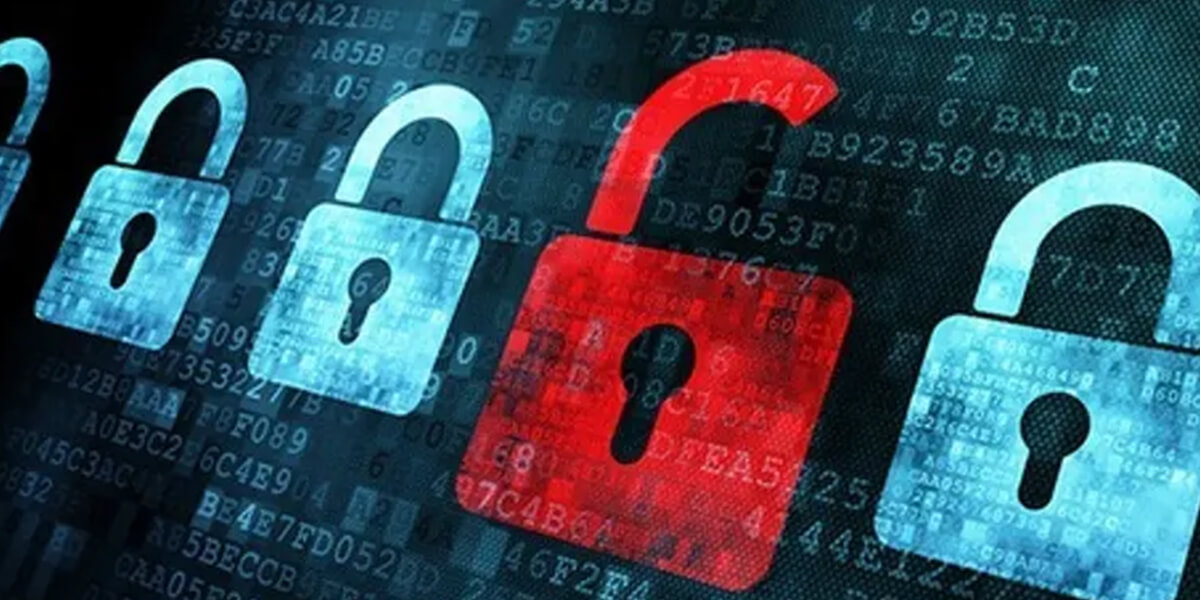Security clearances, which are required for individuals who may work with classified information within various government sectors, exist to protect sensitive data and provide access only to authorized personnel. Once you are granted a security clearance, understanding the duration, renewal process, and status of your clearance is important for maintaining eligibility and access to classified materials that, if released, may harm the United States. By staying informed and proactive, you can rest easy knowing that your security clearance remains valid and up-to-date.
“Active” Status for Security Clearance
A security clearance remains “active” as long as the individual is sponsored by an employer and in a position that requires access to classified information and the background investigation is current. The status of your security clearance is based on regular updates to the Personnel Security Investigation (PSI) records. If there is a break in sponsorship of 24 months or more, the clearance is considered inactive and will expire unless renewed. At this point, the individual must undergo a new background investigation to regain clearance eligibility.
The Facility Security Officer (FSO) is an individual who plays a key role in managing and verifying the status of clearances. They use the Defense Information System for Security (DISS), the official personnel security clearance database management system for the Department of Defense (DOD) and other government systems to track and manage security clearances. For individuals not currently employed, requesting a copy of your security clearance investigation status through a Freedom of Information Act (FOIA) request can provide the necessary information regarding your clearance expiration date.
Different Types of Security Clearance Durations
The duration for which a security clearance remains valid varies depending on the level of clearance held. Each type of clearance has a specific time frame for periodic background reinvestigation to ensure the holder continues to meet the required standards for accessing classified information:
- Confidential clearance: 15 years
- Secret clearance: 10 years
- Top Secret clearance: 5 years
Ready to book your consultation? Click below to pay our consultation fee and book your meeting with an attorney today!
How Often Do I Need to Renew My Security Clearance?
Renewing your security clearance involves undergoing reinvestigation at specific intervals depending on the level of clearance you hold, so that the clearance holder continues to meet the necessary security standards. As mentioned above, Confidential clearance requires reinvestigation every 15 years, Secret clearance every 10 years, and Top Secret every 5 years.
The submission date for a periodic reinvestigation is based on the closure date of your last background investigation. If you are currently employed in a position requiring a security clearance, your supporting security manager should automatically initiate your reinvestigation. Upon initiation, you will receive an email notification prompting you to complete a new SF-86 electronic questionnaire.
If you are unable to submit to a periodic reinvestigation due to circumstances beyond your control, you may be able to maintain temporary access to classified information. However, you must coordinate with your security manager to submit your reinvestigation as soon as possible to avoid lapses in your clearance status.
How Do I Know if My Security Clearance Is Still Active?
To determine if your security clearance is still active, you should contact your FSO or consult the DISS. The FSO can inquire about your clearance status and provide you with up-to-date information on whether your clearance is current or has expired.
If you are not currently employed, you have several options to determine your clearance expiration date. You can make an inquiry with your last employer or security officer if you are on friendly terms. Alternatively, you can request a copy of your security clearance investigation status through a FOIA request via your sponsoring agency or a privacy act request through the Defense Counterintelligence and Security Agency (DCSA).
You can contact us 24 hours a day, 7 days a week via phone at 8885294543, by e-mail at info@tullylegal.com or by clicking the button below:
What Happens to My Security Clearance When I Leave My Job?
When you leave a position that requires a security clearance, several steps are taken to update your clearance status:
Debriefing: You will be debriefed from classified information, and your access is revoked.
- DISS update: Your clearance status is updated in the Defense Information System for Security (DISS), but eligibility remains documented.
- Maintaining eligibility: Your clearance can be reinstated within 24 months without a new investigation; beyond 24 months, a new investigation is required.
- Out-of-scope investigations: Hiring organizations will submit the necessary investigation if your clearance is out-of-scope when you receive a conditional job offer from a prospective employer/sponsor.
Undergoing this process will help you move smoothly through the transition period when leaving a job and provide that you remain eligible for positions that may require a security clearance in the future.
Speak With a Lawyer Today!
If you have questions about your security clearance or need assistance with the renewal process, consulting with an experienced lawyer can provide the guidance you need. In the event your clearance does lapse, or if you are notified that your clearance may be revoked or your renewal denied, a security clearance attorney can work with you to help overcome any obstacles and maintain your active status.
If you need legal advice or support regarding your security clearance, contact us to speak with a security clearance lawyer today and safeguard your professional future.








